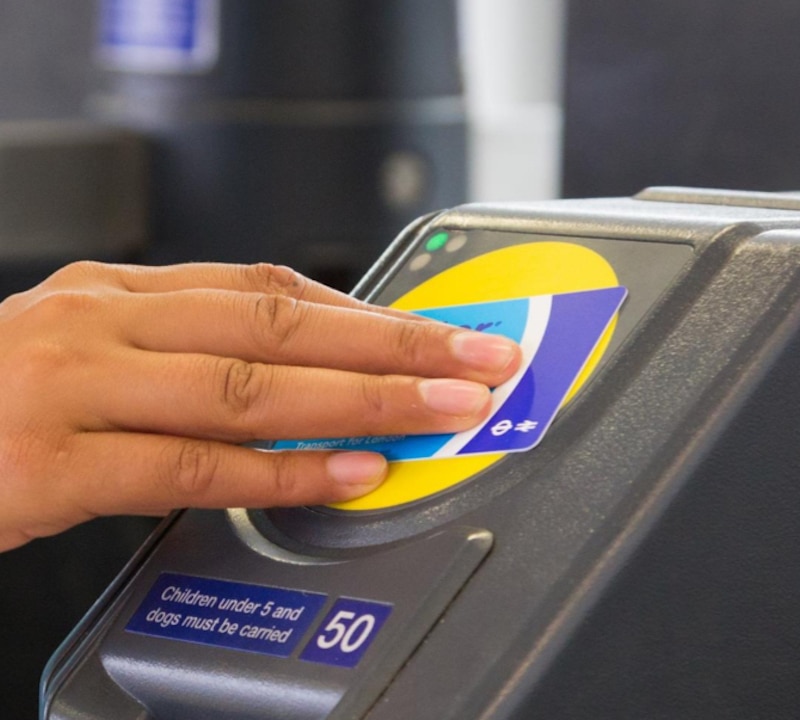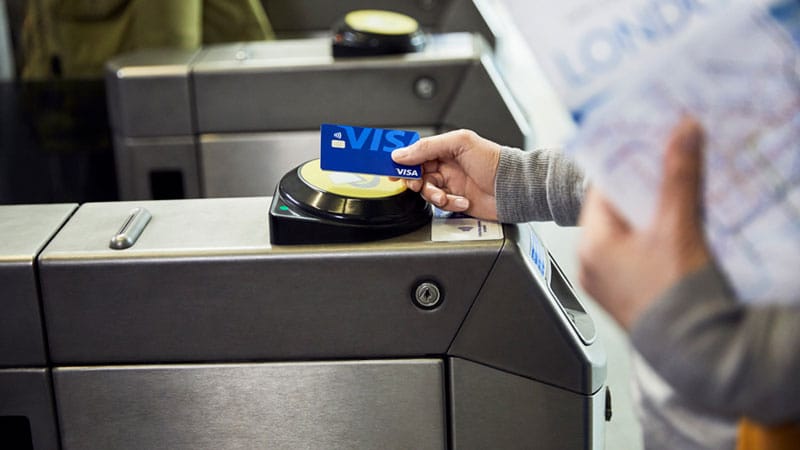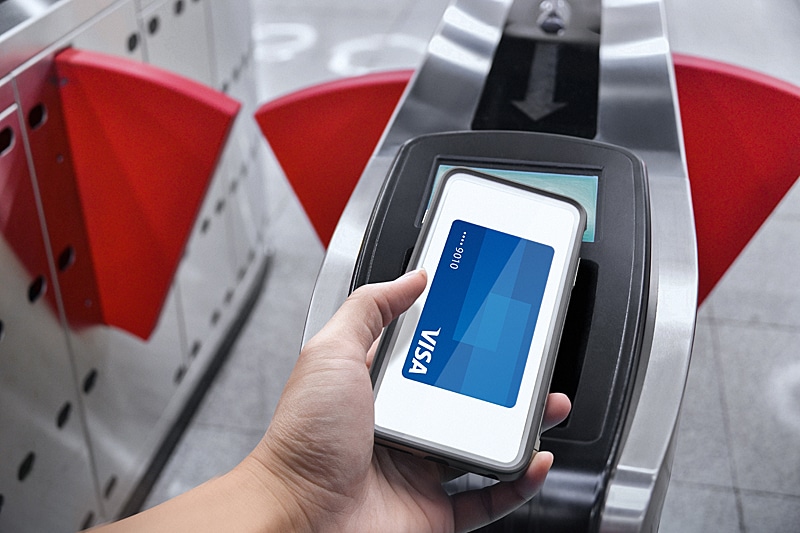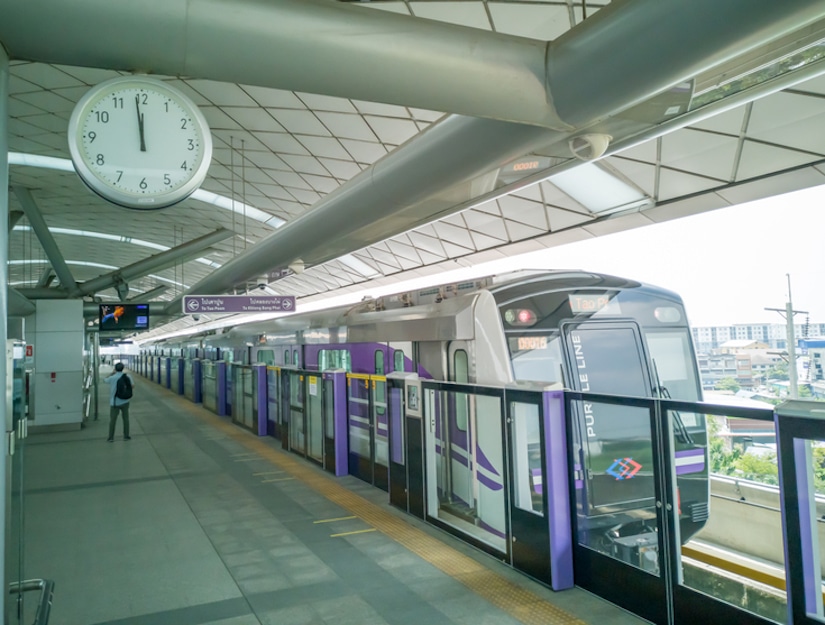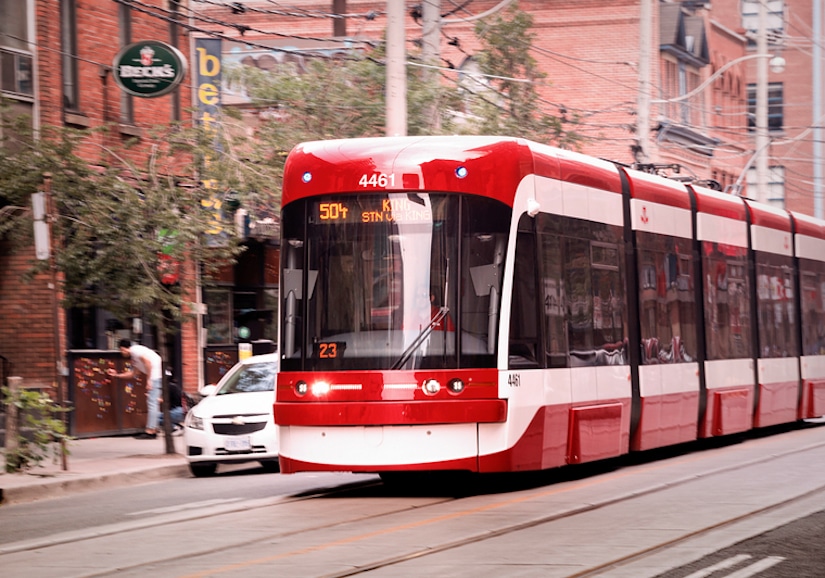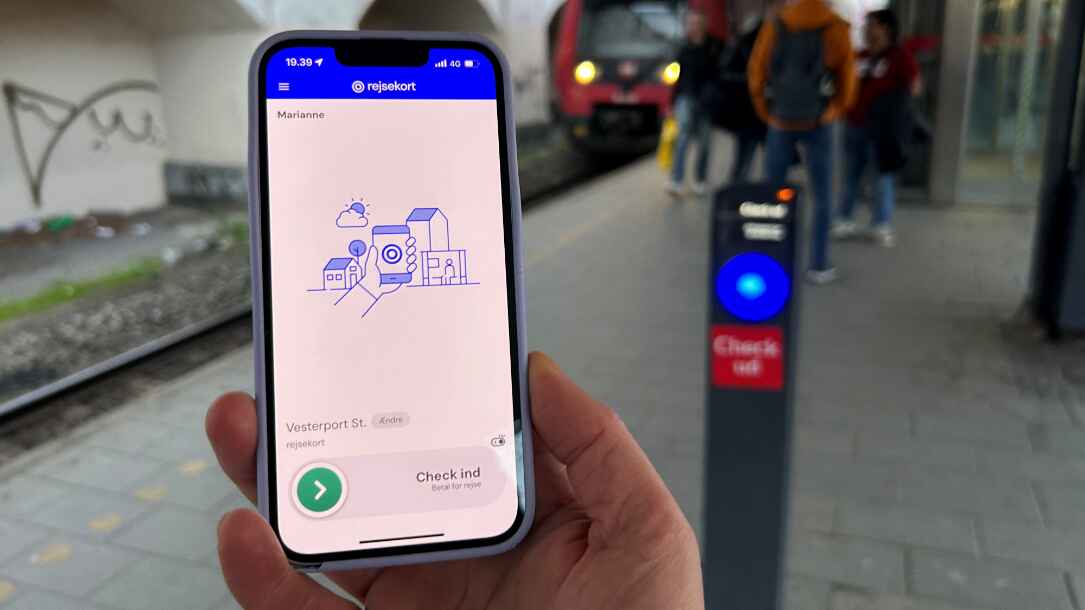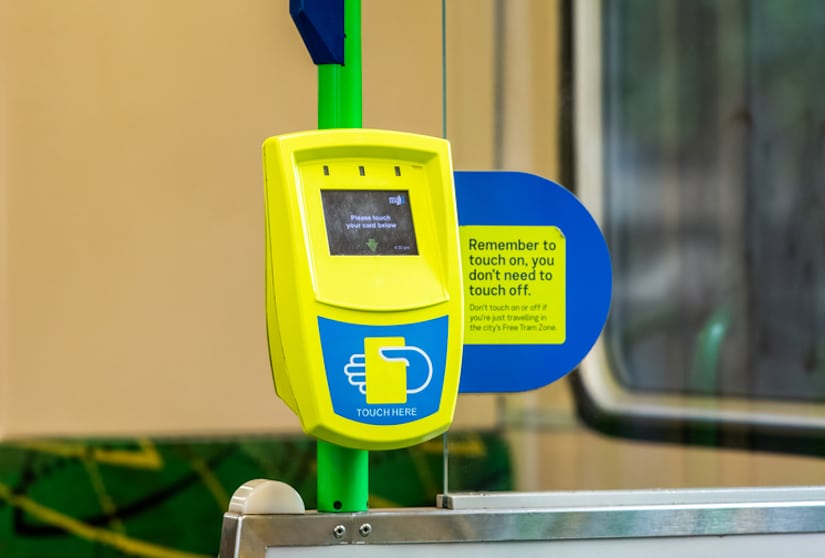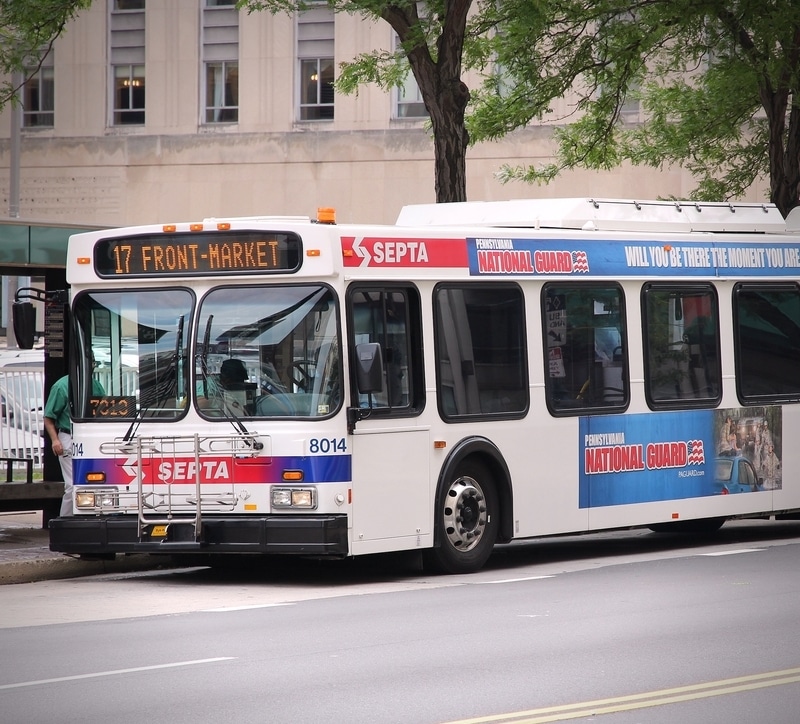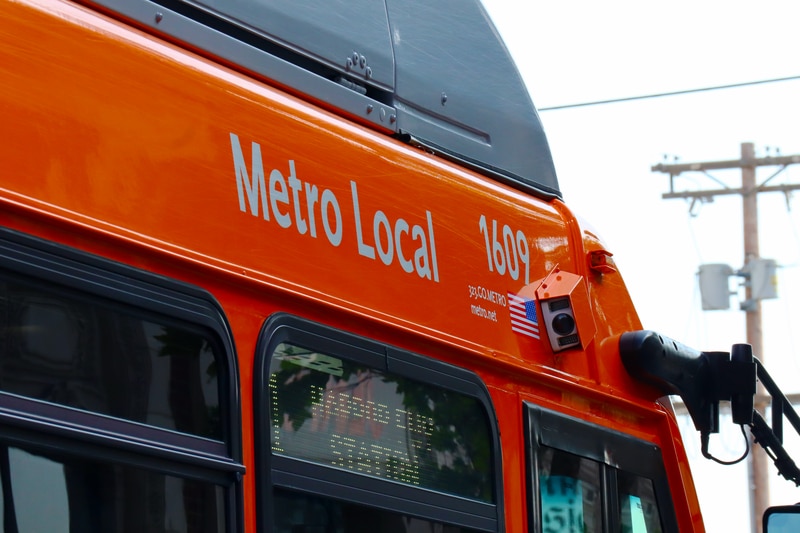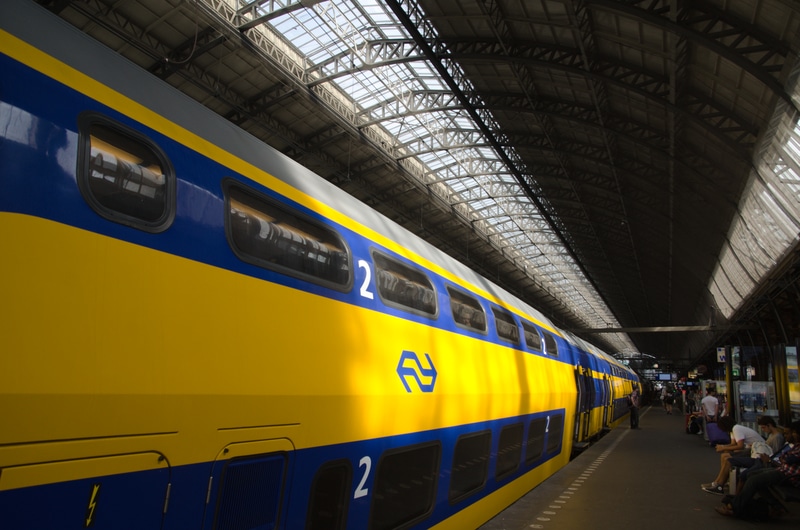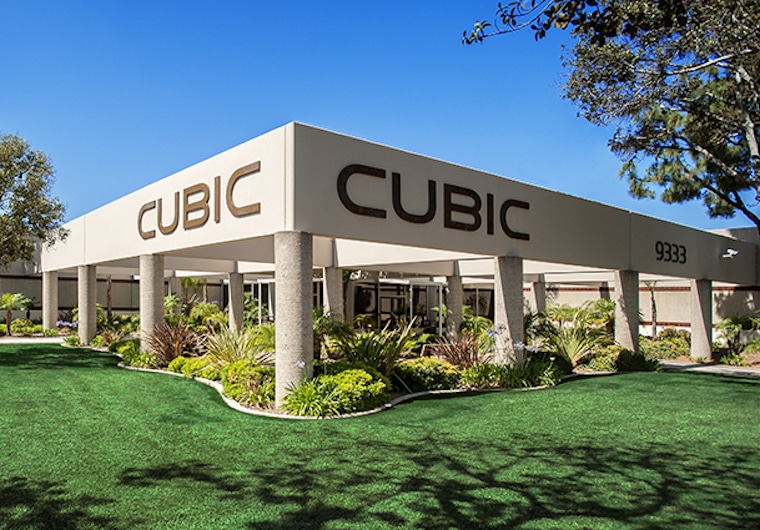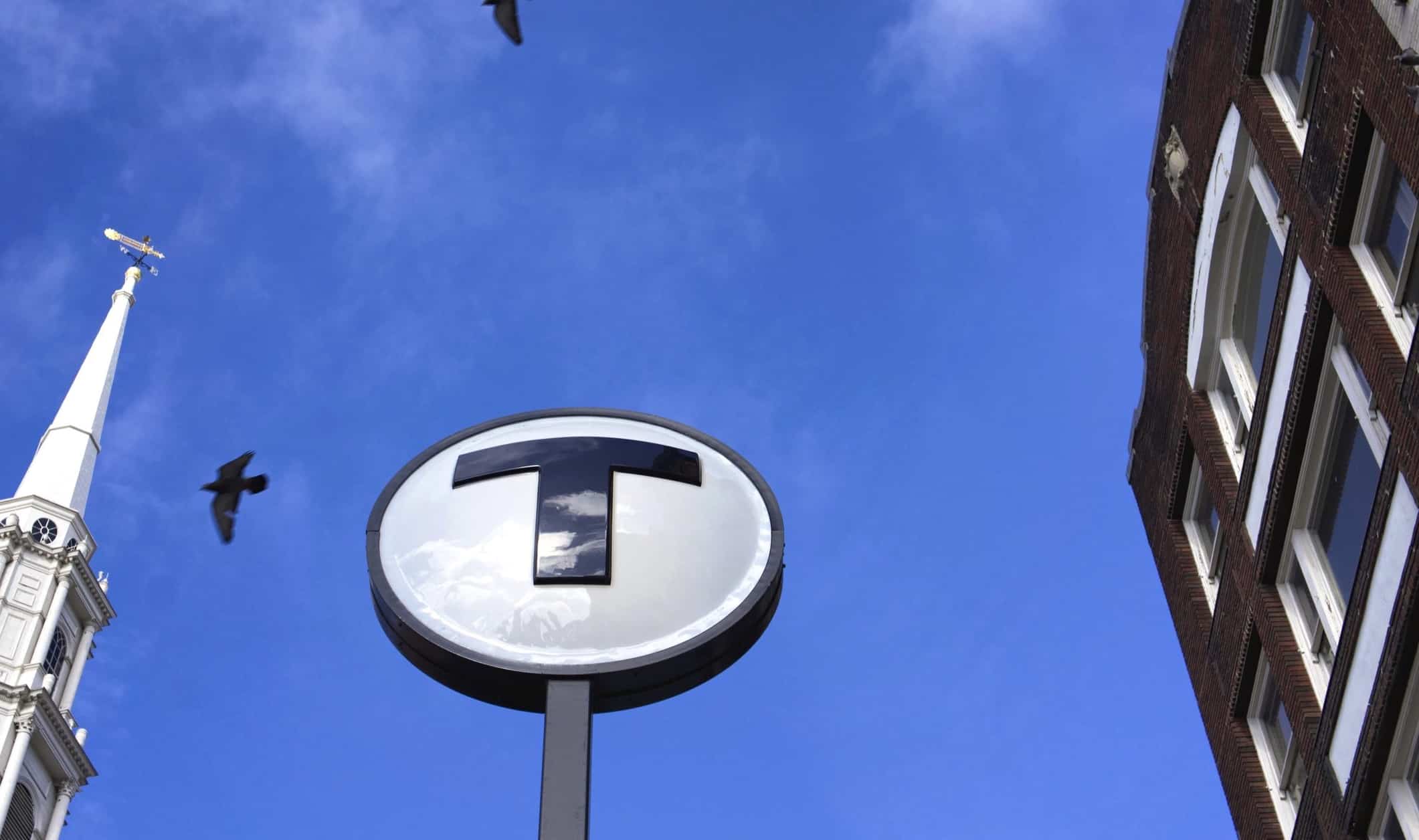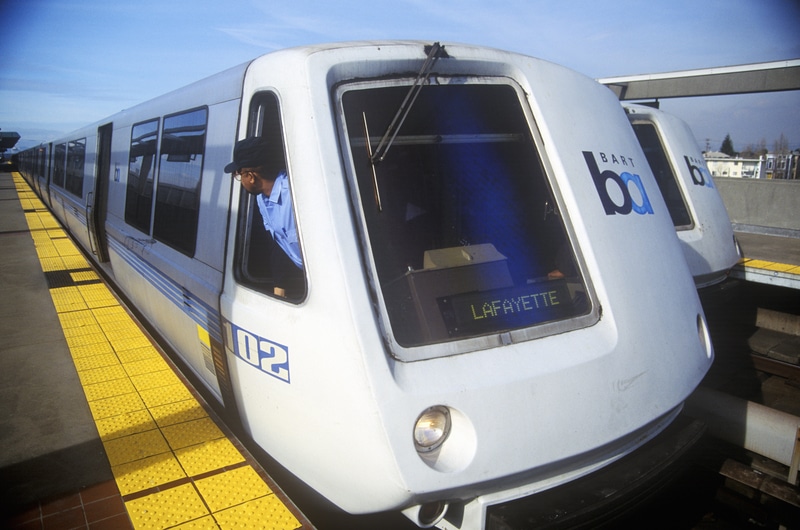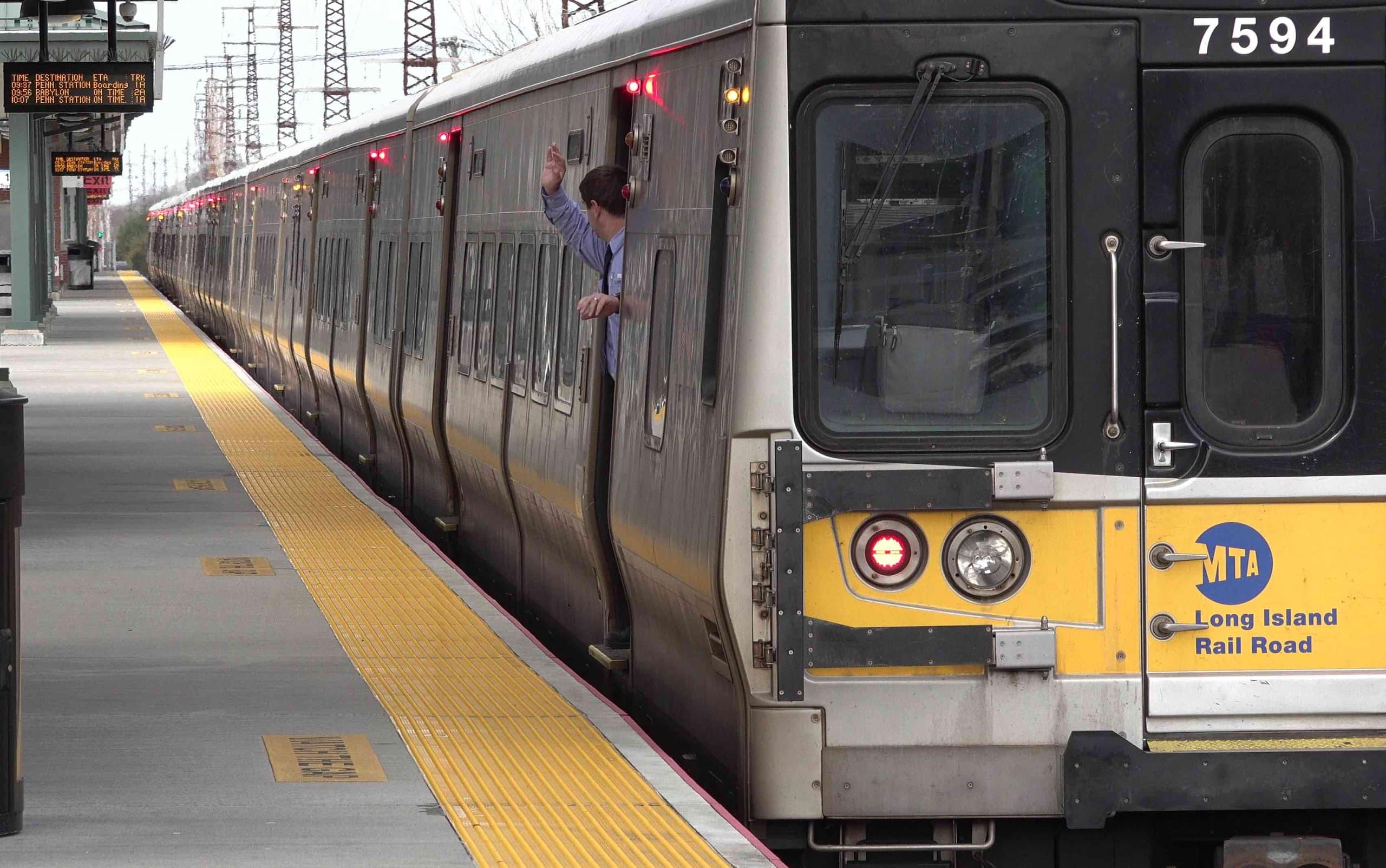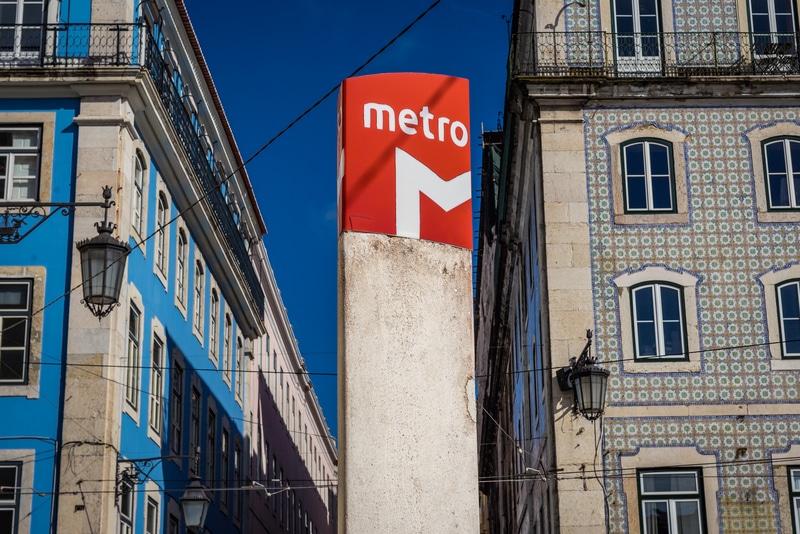
Article Highlights
Lisbon is latest European capital to launch open-loop payments, with the Lisbon Metro introducing the service recently. The operator of the four-line subway targets occasional riders with its new contactless service.
But Visa is providing more than just technology for the project. Industry observers say it’s not uncommon for Visa, like rival Mastercard, to provide funding for open-loop projects, including footing the bill for at least some of the capital costs.
• Lisbon Metro
• Visa
• Mastercard
• Cybersource
• Indra
• Littlepay
• Unicre
Lisbon is latest European capital to launch open-loop payments, with the Lisbon Metro introducing the service recently.







